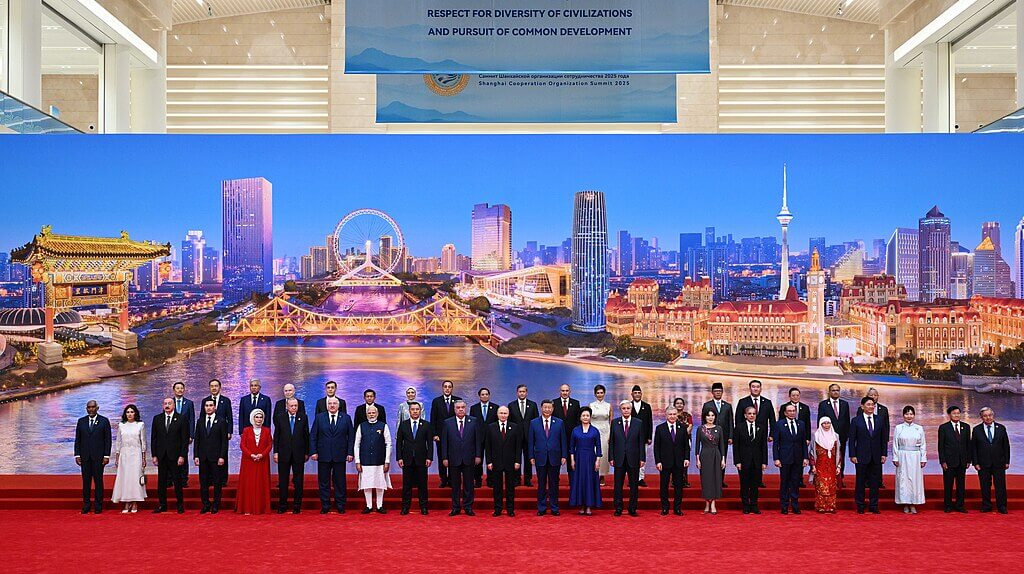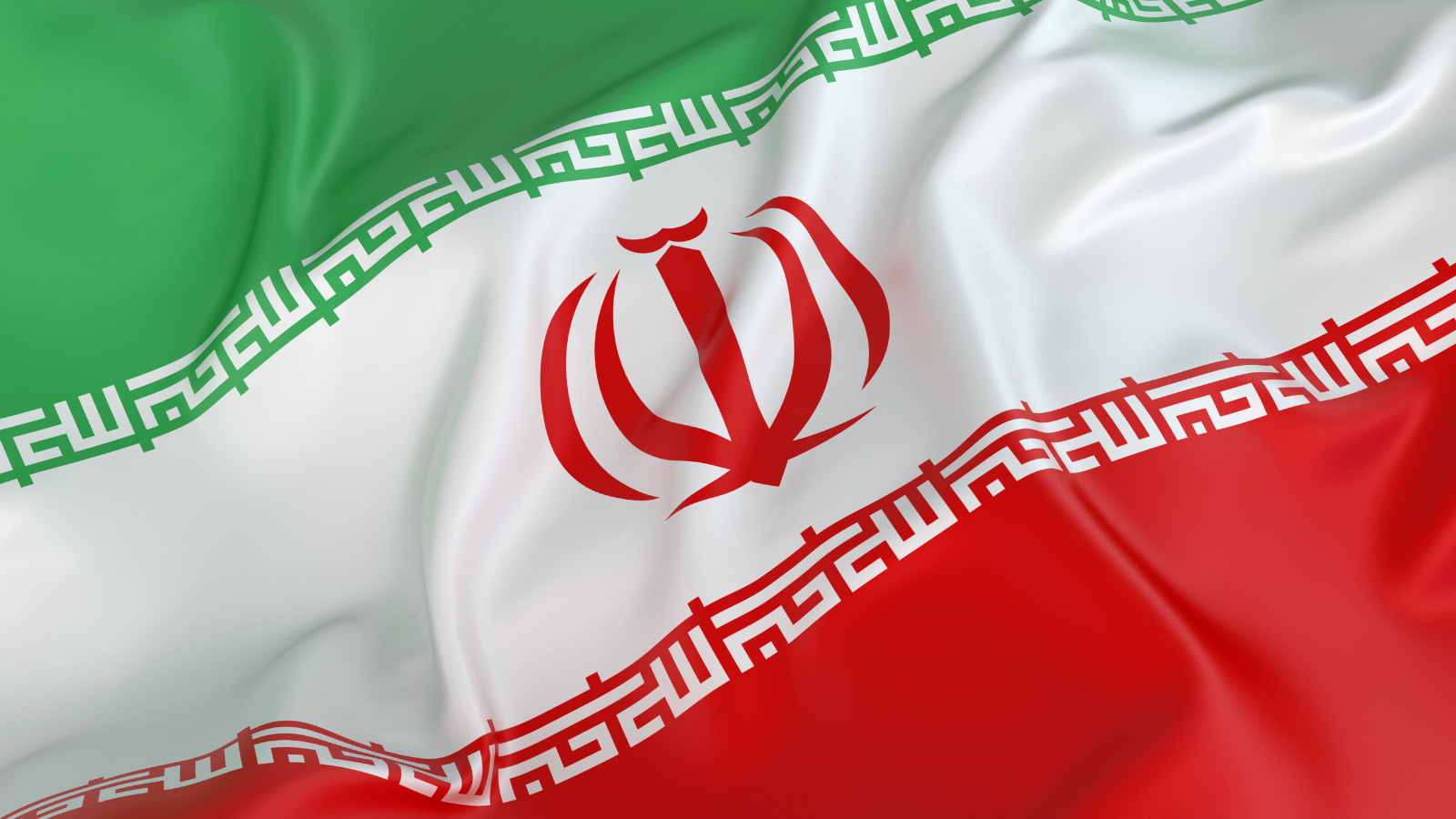The annual Shanghai Cooperation Summit (SCO) this year was held in Tianjin, China, and brought together leaders of 25 “non-Western” countries. Participants included SCO member states such as Belarus, India, Iran, Kazakhstan, Kyrgyzstan, Pakistan, Russia, Tajikistan, and Uzbekistan, as well as international guests from other countries. The latter group included Türkiye. The degree of importance attached by the Turkish leadership to the SCO Summit is evident in the fact that the Turkish President, Recep Tayyip Erdoğan, attended the Summit. In contrast, Türkiye was represented by the Foreign Minister Hakan Fidan during the BRICS Summit in Rio. Hakan Fidan also participated in the military parade in Beijing that followed the SCO Summit.
The Summit was important for three major reasons, all of which are related to and could be considered, at least in part, as unintended consequences of American actions during Donald Trump’s second presidential term. These include (a) the emphasis on the central role of China for multilateral governance, (b) the renewed legitimacy of Putin as a key actor at the international level and further deepening of the Russia-China partnership, and (c) the deepening of India-China ties and the India-China-Russia triangle. Trump’s second presidential term has diminished the leadership role of the United States, opening further space for China and its key allies to position themselves at the very center of multilateralism and global governance.
Unlike the BRICS Summit held in Rio two months ago, which the Chinese President Xi Jinping had not attended, China was at the very center of the proceedings at Tianjin. The events at Tianjin were a significant display of Chinese strength, amplified by the military parade held in Beijing a few days later. While the SCO Summit showcased China’s economic strength and soft power capabilities, the military parade, which many leaders also attended, underscored China’s considerable military strength and hard power capabilities. China’s ambitious rise and its attempts to position itself as a global leader over the past decade have undoubtedly received a significant boost from Trump’s erratic, unilateralist, and unpredictable approach to world politics. One of the central messages of the SCO Summit was that China would seek to promote a “more just and balanced international governance framework”, where only an indirect reference was made to Trump’s aggressive global strategies, notably in the realm of tariffs. As the United States retreated from its leadership position for a multilateral order, China found ample room to position itself as the champion of multilateralism and an inclusive global order. The fact that the United States retreated from democracy, both domestically and internationally, also meant that issues relating to democracy and human rights could be pushed aside in a club of authoritarian states, where India, with its “hybrid regime,” could be classified as an outlier. One could also note that India under Narendra Modi has also experienced significant democratic backsliding in recent years. The significance of Tianjin, in contrast to Rio, where differences of opinion could be identified among BRICS members, lies in the fact that the SCO is an organization firmly under Chinese control and direction. The SCO demonstrates greater unity among its member states compared to the latest BRICS summit, largely due to China’s dominant position.
An important project agreed upon at the summit was the formation of an SCO development bank, which would play a significant role in achieving the long-standing goal of establishing an alternative payment system that reduces the dominant role of the US dollar. China is already the largest shareholder of the Asian Infrastructure Investment Bank (AIIB), which can be considered as a relatively early attempt to curb the dominant position of the US dollar by creating a counter-hegemonic institution for especially financing the member countries’ infrastructure and energy projects with its 110 member states from all regions of the world, including Europe. While the new SCO Development Bank would not be on the scale of AIIB, it reflects Xi’s ambitions to place himself at the center stage of the China-led global governance framework. It is worth noting that China provides substantial financial assistance to SCO member states. Beijing pledged financial assistance to member states in the amount of $280 million in free aid this year, as well as $1.4 billion in loans over the next three years.
The second important feature of the Summit concerned the return of the Russian President Vladimir Putin as a powerful and legitimate actor to the international political scene, a role that Trump himself helped to generate during the Alaska Summit, which involved bilateral peace negotiations between the United States and Russia aimed at ending the war in Ukraine. One could remember that Putin could only participate online in the BRICS Summit in Rio because of an international court warrant for his arrest. He faced no such problem in Tianjin, however. Even the relatively more democratic leader, Modi, made complimentary remarks for Putin from his official accounts. Putin displayed a vibrant and confident posture in Tianjin. Indeed, the already strong Russia-China partnership experienced a process of further deepening during the summit. A concrete manifestation of this was the decision to build the Trans-Siberian Pipeline Project. Trump’s attempts in Alaska to fragment the Russia-China partnership and pull Russia into its orbit to isolate China did not seem to have succeeded. Indeed, the robustness of the Russia-China axis emerged as one of the overriding elements of the Tianjin Summit.
The third, and perhaps the most dramatic, element of the summit concerned India’s position. China and India’s rivalry in recent years has attracted considerable attention, and the conflicts between the two continental powers have often been identified as the central fault-line within the BRICS. Yet, in Tianjin, we could observe elements of a significant rapprochement between India and China. Indeed, this was the first visit of the Indian Prime Minister Modi to China in seven years. Again, Trump’s attempts to place high tariffs on India to penalize the country for its increased energy trade with Russia and failure to pressure Russia to end the war in Ukraine appeared to push India further in the direction of China and the Russia-China axis. The Summit also marked the deepening of relations between India and Russia with the promise of greater economic integration between the two major powers, notably in the energy sector. For the first time, one could talk about a China-Russia-India triangle as a powerful bloc or a coalition of like-minded countries, as portrayed by the friendly photographs of the three key leaders. Yet, we need to be careful in overemphasizing the extent of India-China rapprochement, considering that serious conflicts of interest continue to persist in economic and border-related issues, which are not likely to disappear overnight. Furthermore, India itself is a country with serious global leadership aspirations, which clearly contradicts China’s attempt to turn partnerships into more vertical ones as opposed to a more horizontal mode of co-operation. It is also worth noting that Modi or any other member of the Indian delegation failed to participate in the military parade that followed the summit. Despite all these reservations, however, the emergence of a stronger India-China partnership also emerges as one of the major takeaways of the Tianjin Summit.
Finally, the two democratic BRICS members, Brazil and South Africa, have been conspicuous by their absence. At the same time, the indications are that Brazil, the most democratic state among the BRICS, is likely to push in the direction of further co-operation with China, in the face of the threats of exceptionally high tariffs that Trump intends to place on Brazil. Overall, it is interesting to observe how Trump’s self-defeating strategies and the United States’ retreat from responsible leadership to an aggressive, unilateralist, and over-transactionalist actor are empowering China to play an even more proactive and influential role in global affairs than ever before.








